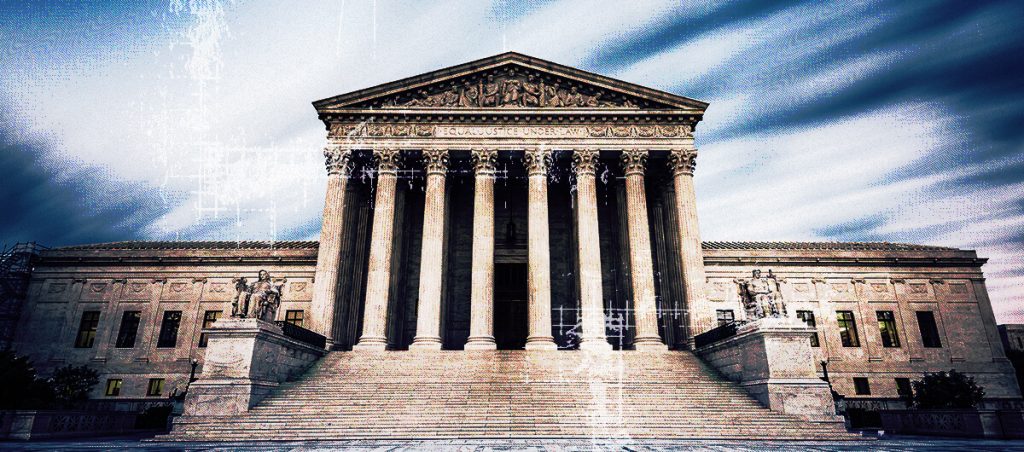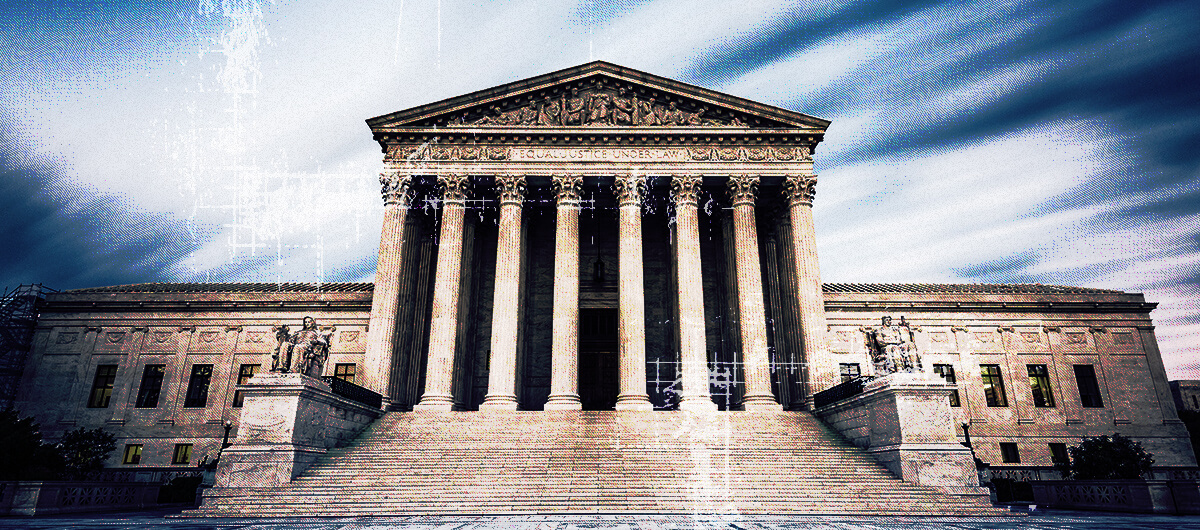
The conservative majority in the US Supreme Court has increasingly relied on history and tradition to resolve major constitutional debates. This method of analysis, grounded in centuries-old legal treatises and historical practices, has significantly impacted rulings on critical issues such as abortion, gun rights, and free speech. As a result, judges and legal practitioners across the country are grappling with the complexities and challenges of navigating historical research in their rulings and cases.
The Challenge of Historical Analysis in Legal Decisions
The Supreme Court’s conservative majority, in a 6-3 split, has frequently cited legal traditions dating back centuries to support its decisions. For example, the Court has referenced 17th-century English law to justify expanding gun rights, and state practices from the 18th century in restricting free speech-related challenges. This reliance on historical sources marks a shift from more contemporary legal reasoning, requiring lower court judges and attorneys to dive deep into historical archives.
This shift has complicated the work of judges who now have to perform their own historical research. Some, like Judge Pamela Harris of the US Court of Appeals for the Fourth Circuit, expressed concerns, calling the new approach “very, very challenging” and admitting that judges need to essentially become historians.
Independent Research: A New Expectation for Judges
The evolving reliance on historical analysis has raised practical concerns within the judiciary. Some appellate judges question whether all members of a judicial panel need to replicate the extensive research done by their colleagues. As Judge Harris pointed out, the idea that one judge on a three-judge panel would conduct independent research could create unequal burdens.
Despite these concerns, others, like Judge David Stras of the Eighth Circuit, acknowledge that while historical research is time-consuming, it’s not necessarily more difficult. “The challenge is doing it right,” Stras said, noting that the process can take months to complete.
Law Clerks with Historical Expertise in High Demand
The increasing focus on historical context has created a demand for law clerks with expertise in historical research. Law schools, traditionally focused on case law and legal precedents, are now seeing a surge in students who possess historical research skills as an added advantage when applying for clerkships.
At Stanford Law School, clerkship candidates with a background in originalist historical research have caught the attention of judges, regardless of their ideological leanings. Easha Anand, a member of Stanford’s Clerkship Committee, noted that while these students possess many other qualifications, their historical research skills are a significant asset.
Shifting Expectations in Legal Education
This shift in judicial focus has not only affected the courts but has also begun to reshape legal education. Historically, law students have been trained to analyze legal precedents and distinguish cases. Now, however, they are increasingly expected to develop conclusions rooted in historical contexts—a new challenge that requires understanding both legal and historical nuances.
Duke Law professor Joseph Blocher highlighted this change, pointing to a recent case, United States v. Rahimi, where the Court deliberated over the constitutionality of a firearms ban related to domestic violence. Understanding the historical context, such as the evolution of laws surrounding domestic violence, became critical in drawing analogies to 18th-century legal traditions.
Broader Implications for Constitutional Law
The focus on history and tradition is not limited to Second Amendment cases. Constitutional law across a range of issues, including abortion, intellectual property, and First Amendment cases, has felt the effects of this approach. Legal scholars and judges acknowledge that history is now a significant part of the interpretative process, although this methodology is still being debated and refined.
Lisa Eskow, co-director of the Supreme Court Clinic at the University of Texas at Austin, points out that even within the Supreme Court, there is a lack of consensus on how history should be used. This confusion was evident in the Rahimi case, where justices issued multiple concurring opinions, each offering different views on how to apply historical analogies.
Law Schools Lagging in Adapting to New Trends
Despite these changes, law schools have been slow to adapt their curriculums to meet the growing demand for historical research skills in the legal profession. Saul Cornell, a history professor at Fordham University, criticized law schools for failing to adequately prepare students for this new reality, noting that the infrastructure to teach legal historical research is lacking.

